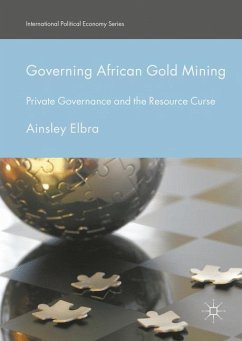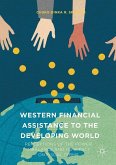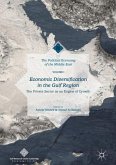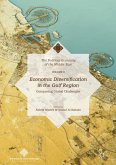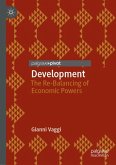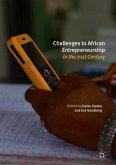This book takes a fresh approach to the puzzle of sub-Saharan Africa's resource curse. Moving beyond current scholarship's state-centric approach, it presents cutting-edge evidence gathered through interviews with mining company executives and industry representatives to demonstrate that firms are actively controlling the regulation of the gold mining sector. It shows how large mining firms with significant private authority in South Africa, Ghana and Tanzania are able to engender rules and regulations that are acknowledged by other actors, and in some cases even adopted by the state. In doing so, it establishes that firms are co-governing Africa's gold mining sector. By exploring the implications for resource-cursed states, this significant work argues that firm-led regulation can improve governance, but that many of these initiatives fail to address country/mine specific issues where there remains a role for the state in ensuring the benefits of mining flow to local communities. It will appeal to economists, political scientists, and policy-makers and practitioners working in the field of mining and extractives.
Bitte wählen Sie Ihr Anliegen aus.
Rechnungen
Retourenschein anfordern
Bestellstatus
Storno

